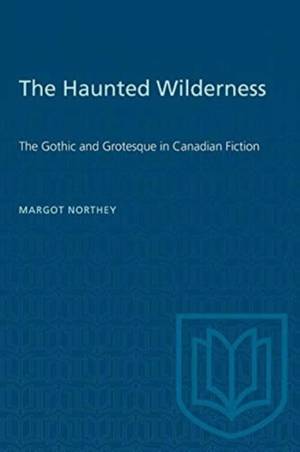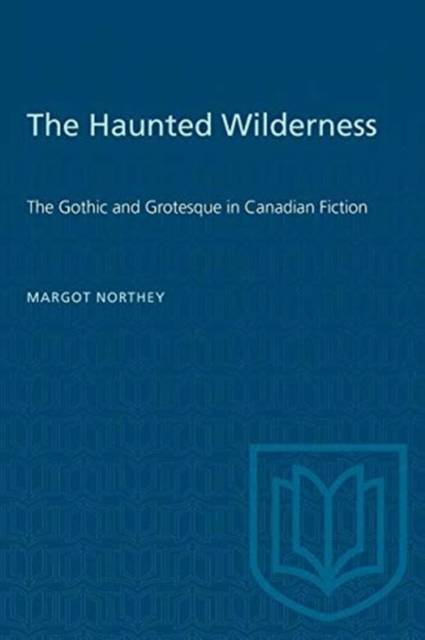
- Retrait gratuit dans votre magasin Club
- 7.000.000 titres dans notre catalogue
- Payer en toute sécurité
- Toujours un magasin près de chez vous
- Retrait gratuit dans votre magasin Club
- 7.000.0000 titres dans notre catalogue
- Payer en toute sécurité
- Toujours un magasin près de chez vous
Description
Gothic elements in English-Canadian fiction have generally been regarded as idiosyncratic outcroppings, or, in French-Canadian novels, as a temporary phenomenon rather than as part of a recurring Canadian pattern. By analysing a number of Canadian works of fiction from the nineteenth century to the present, Margot Northey demonstrates that Gothicism, in varying degrees and of various kinds, has been a continuing feature of our fiction. She uses 'gothic' to refer to a subjective view of the dark side of life, seen through the distorting mirror of the self with its submerged levels of psychic and spiritual experiences. The gothic is essentially symbolic in its approach and its mood is pre-eminently one of terror or horror. 'Grotesque, ' frequently used in conjunction with 'gothic, ' is take as an aesthetic term, referring to a mode of writing emphasizing incongruity, disorder, and deformity. It arises from the juxtaposition or clash of the ideal with the real, the psychic with the physical, or the concrete with the symbolic. Detailed treatment is given to a limited number of works, some from the nineteenth century, some from the twentieth, and the focus is on varieties of gothic and grotesque fiction rather than on specific authors. The Haunted Wilderness is a fascinating and original contribution to Canadian comparative studies and to genre-oriented criticism.
Spécifications
Parties prenantes
- Auteur(s) :
- Editeur:
Contenu
- Nombre de pages :
- 140
- Langue:
- Anglais
- Collection :
Caractéristiques
- EAN:
- 9780802062963
- Date de parution :
- 15-12-76
- Format:
- Livre broché
- Format numérique:
- Trade paperback (VS)
- Dimensions :
- 156 mm x 234 mm
- Poids :
- 204 g

Les avis
Nous publions uniquement les avis qui respectent les conditions requises. Consultez nos conditions pour les avis.






